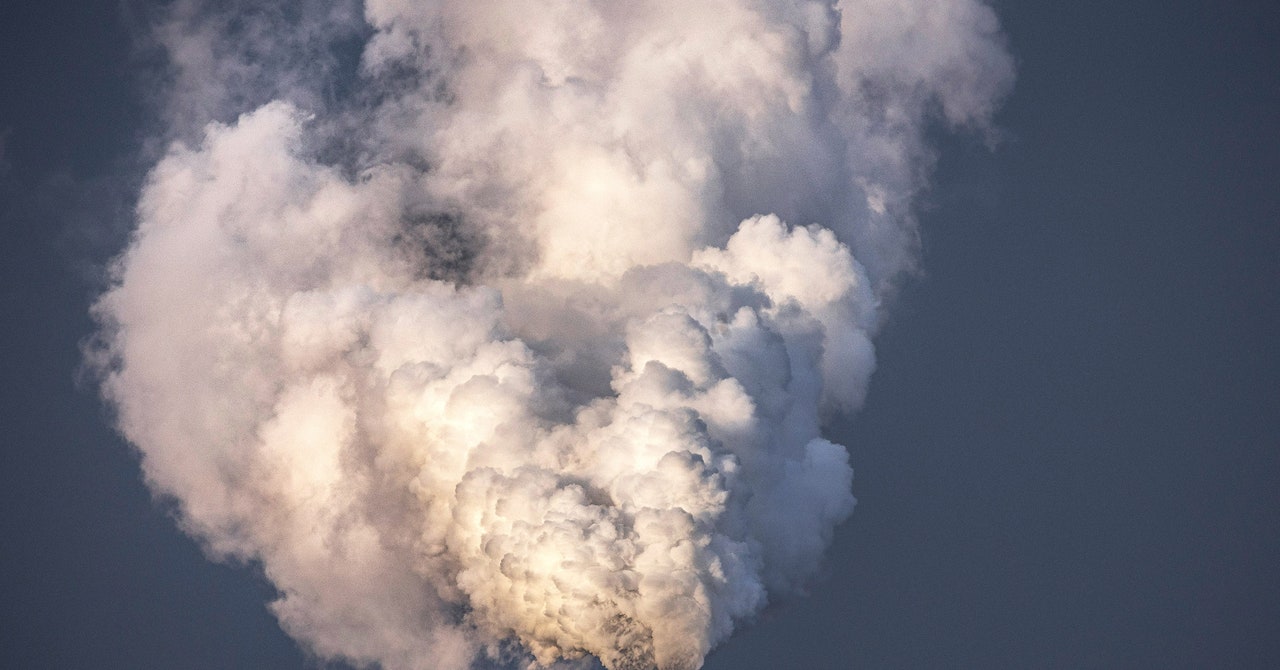The sale of fossil fuels by energy companies is “obviously a big problem,” said Pieter de Pous, senior policy advisor at environmental think tank E3G. “It shows that they haven’t really taken this seriously.”
Numerous companies have also closed coal-fired power plants and replaced them with cleaner alternatives: In Europe, coal production has fallen by about 40 percent in the past decade, according to think tank Ember, while wind and solar have grown thanks to state subsidies and advances in renewable technology. But many of the coal-fired power plants that were simply sold have remained on the grid for years: In 2021, coal still made up 15 percent of the EU’s electricity mix, Ember’s data estimate.
Now, Europe’s ongoing shortage of natural gas has exacerbated the problem by both raising electricity prices and making it relatively cheaper for electricity producers to light their coal-fired plants. Experts say this dynamic could continue for years to come if gas remains scarce, which is not unlikely. On February 22, German Chancellor Olaf Scholz responded to Russia’s decision to send troops to Ukraine stop the approval process for Nordstream 2, the controversial gas pipeline that would significantly boost European imports of the fuel. As a result of the gas crisis, the continent’s remaining coal-fired power stations have not only been operating much more frequently, but have also made higher profits. “It’s clear that they are making good money at the moment with a coal-fired power station,” said Charles Moore, European program leader at Ember, “at a great cost to the climate.”
Climate activists have long frowned on divestments that simply shift emissions elsewhere. Both Greenpeace and members of the Swedish Green Party, then part of the country’s coalition government, were critical of the Vattenfall deal. Recently, major investors have made a similar comment. Larry Fink, chairman and CEO of BlackRock, the world’s largest asset manager, slammed energy companies for selling their assets rather than winding them down at last year’s COP26 climate summit in Glasgow. “That doesn’t change the world at all,” Fink said. “That’s window dressing, that’s greenwashing.”
Vattenfall’s Ramsköld says the company has invested heavily in green energy and has continued to cut emissions by closing other coal-fired power plants, including two in Germany and another in the Netherlands. The company says it plans to reduce its remaining emissions to 6 million tons by 2030, from about 24 million tons left over from the coal sale.
“This is anything but greenwashing,” she says.
Like Křetínský’s EPH, many of the new owners who have stepped in to buy the waste fossil fuel plants from utilities are less subject to outside pressure than public companies. Only private equity firms have bought up $60 billion in oil, gas and coal assets in the past two years, according to Pitchbook data cited by the economist† While public utilities “feel the pressure” to cut their emissions, private equity firms simply lack the same level of disclosure, transparency and accountability when it comes to their environmental impact, said Dan Bakal, senior program director for climate and energy at Ceres. , a non-profit organization that lobbies investors for climate action.

